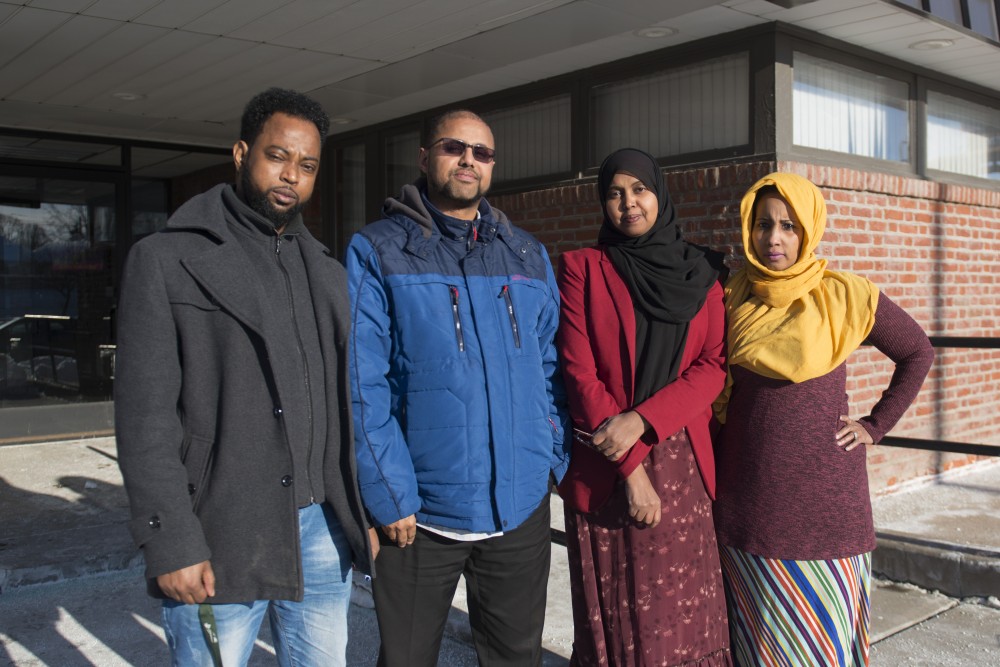A bill that aims to promote more training for health care interpreters has received pushback from local professionals.
The legislation would provide more resources for interpreters and would rank individuals based on training level. While advocates say the bill would protect patients, some interpreters feel they were not included in the conversation. Rep. Mohamud Noor, DFL-Minneapolis, met with African-language interpreters late last month to discuss these concerns.
“I want you to invite us, as one voice when you’re drafting this, so that we help you because the purpose is to protect the [patient], the interpreter and the provider,” said freelance interpreter Suad Muse during the meeting. “And you just want to rush it a lot so I’m not happy with that. I’m hoping you hear my voices. I am very angry. As a matter of fact, you left me behind.”
Some interpreters in the African community said the training required by the bill could be a cost burden. An amendment passed by the House health and human services committee on Feb. 28 lowered the cost of the training.
Michelle Livon, manager of translating service Multilingual Word Inc., said languages like Somali are in the most demand at her agency. She said the required cost of the the training laid out in a previous version of the bill, which has now been amended, would have made it more difficult for patients to access the interpreters they need.
“But I’m actually quite satisfied that they have made some of the changes that will ensure access,” Livon said. “I think this new version … does do a lot more to ensure access for those communities.”
The bill was originally pushed for by interpreters who wanted to provide more credibility to their field, said Anjuli Cameron, research director with the Council on Asian Pacific Minnesotans. Not all languages have terms for certain medical issues, which could put patients in a vulnerable position, Cameron said. The training would seek to address this.
“It requires a high level of skill for an interpreter to explain those issues,” she said. “Many agencies have gone through that process of putting in training. … The challenge is that not every agency is doing it, and not every interpreter goes through an agency.”
Somali advocate Abdirizak Bihi helped coordinate an earlier meeting between Noor and interpreters at the Brian Coyle Center in Cedar-Riverside. East-African interpreters need to be at the table as the bill is discussed, he said.
“We know we want them to be professional, we want them to be highly skilled for the sake of the patients,” Bihi said “But we also want to be careful not to create unnecessary restrictions that might create less equity in health access for the community.”








